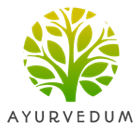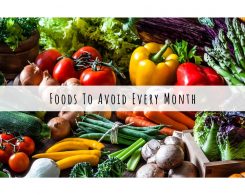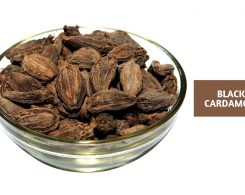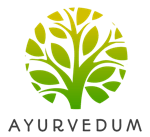- 3Shares
The vegan diet surely has many health benefits. But there are some nutrients that vegans lack, and this can cause a host of illnesses. Nutrient deficiency is one of the most common vegan diet problems – but the good news is that there are ways to prevent it. You just need to know what the nutrients vegans need are, and where to get them. Then, just go ahead and include plenty of their sources in your diet.
Here’s a list of five common nutrients that vegans lack, and where you can get them.
Nutrients That Vegans Lack And Where To Find Them
1. Protein
Among the vegan diet problems, protein deficiency is what many expect. Many plant sources are not considered complete sources of protein, meaning that some of the essential amino acids lack in them. But when eaten in variety, plant-based foods can make up for the missing amino acids in each other.
Best Sources:
- Beans like soybeans and black beans (pair with rice for complete protein.)
- Lentils, especially red (pair with rice for complete protein.)
- Tofu and soy milk
- Chia seeds
- Nuts like almonds and cashews
- Whole grains like rice and quinoa
- Broccoli
2. Zinc
Zinc is also among the nutrients that vegans lack. This trace mineral plays an important role in immunity, blood clotting, nerve function, thyroid regulation, and even helps you taste and smell! Not only can you find lesser zinc in vegan foods but also, your body doesn’t absorb it as properly as from meat. The solution? Eat rich sources regularly.
Best Sources:
- Leafy green vegetables
- Seeds, especially pumpkin and hemp
- Nuts
- Peas
- Whole grains
- Legumes like chickpeas and lentils
3. Vitamin B12
Vitamin B12 is the among most common nutrients vegans need, because it’s quite hard to get from plant sources. This vitamin is crucial for your brain and nervous system to perform properly. It also supports other vital functions like red blood cell formation and energy production. It’s easier for vegetarians to maintain healthy levels of this nutrient, since dairy supplies it. But if you’d rather not have dairy, you definitely need to watch your levels of vitamin B12 to avoid vegan diet problems.
Best Sources:
- Fortified soy milk and juices
- Fortified cereals
- Supplements (take only after consulting a doctor!)
4. Calcium
Next on the list of nutrients vegans need is calcium. While it’s a myth that dairy milk is the richest source of calcium, the body cannot absorb it as well from plant-based foods. But this can be easily tackled just by eating rich sources of calcium. Luckily, there are plenty of them that suit the vegan diet.
Best Sources:
5. Omega-3 Fatty Acids
Vegan diet problems also include Omega-3 fatty acid deficiency. But that’s mostly because people are not aware of plant-based sources. Omega-3 fatty acids help reduce inflammation levels, support brain functions, and keep your heart healthy among other things.
Best Sources:
- Algal oil
- Herbs like cloves, oregano and majoram
- Walnuts
- Seeds like flaxseeds, chia seeds and hemp
- Soybeans
- Brussel sprouts
- Seaweed like spirulina and wakame
Note: Posts on Ayurvedum are solely for the purpose of sharing the goodness of Ayurveda and bringing awareness about natural and healthy living. Please do not substitute it for professional medical advice. Ingredients discussed can interfere with certain medications. So, before using anything to treat yourself, always consult an Ayurveda doctor or practitioner.





Leave a Reply